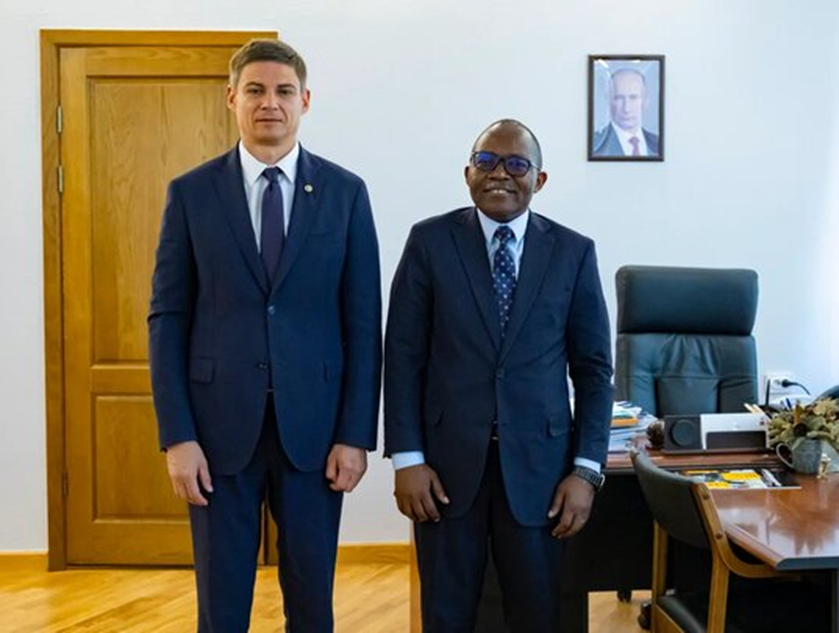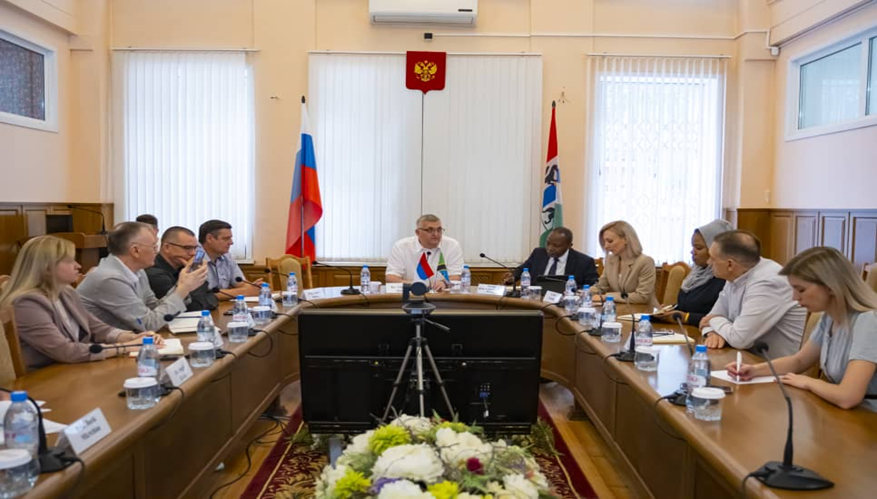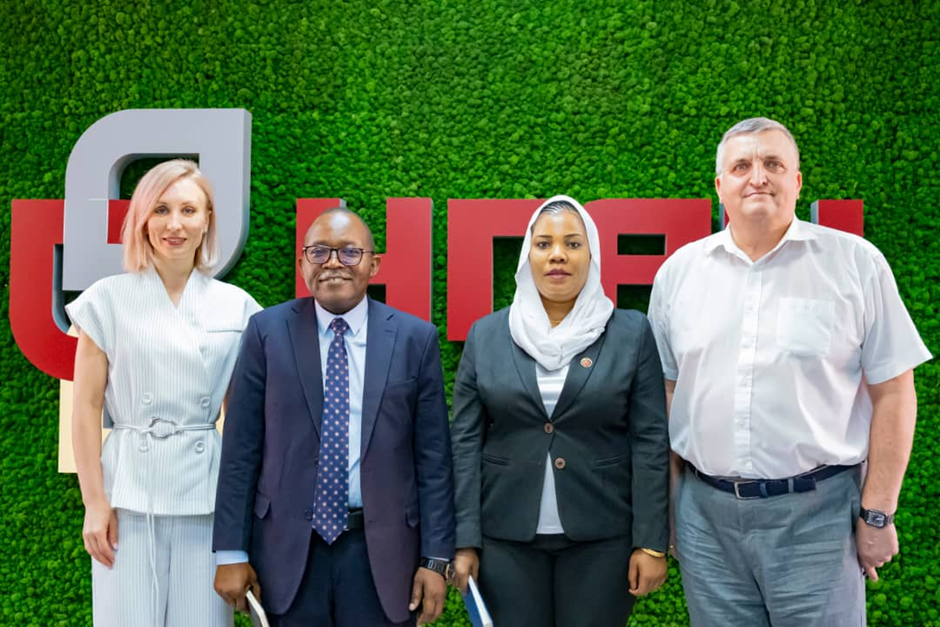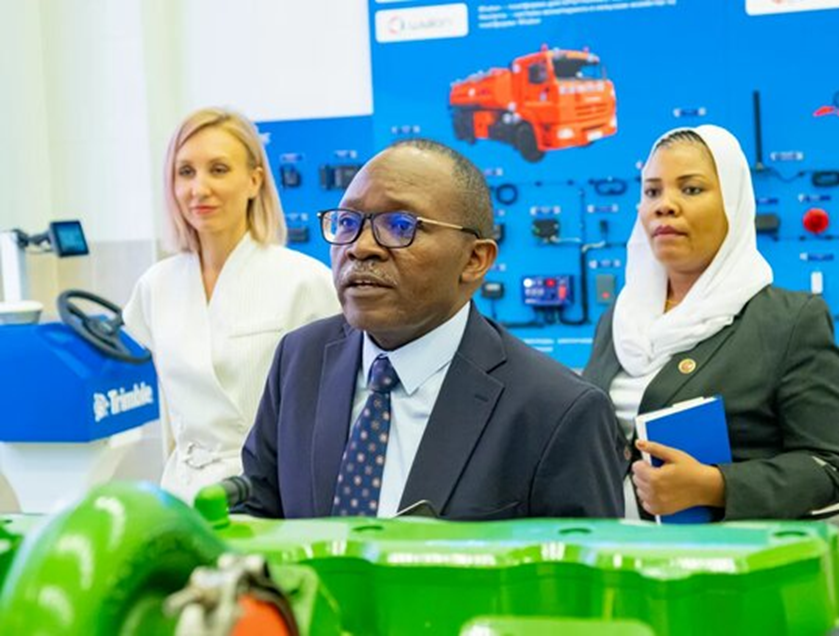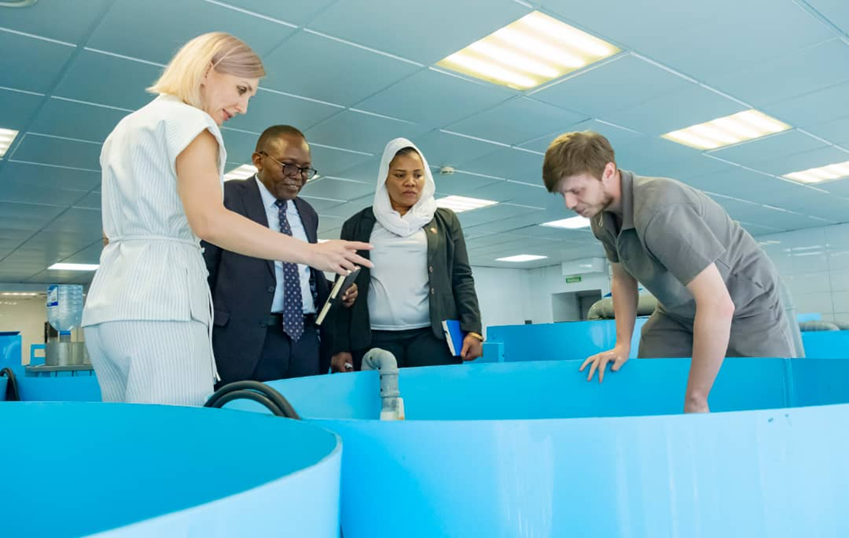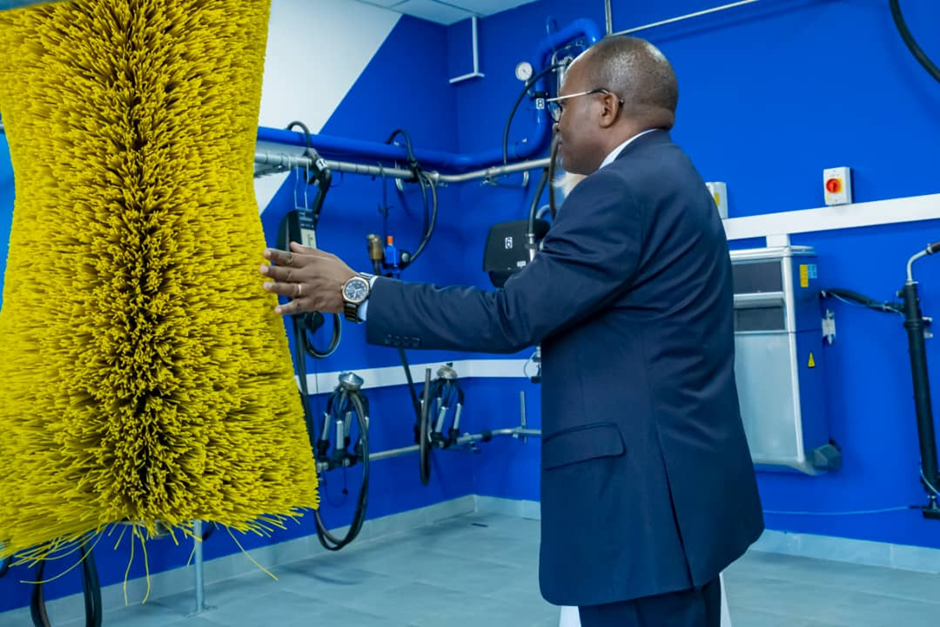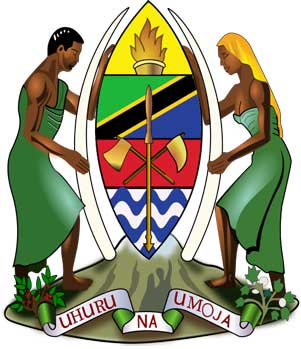
The United Republic Of Tanzania
Ministry of Education, Science and Technology
Mbeya University of Science and Technology
Leading Centre of Excellence for Knowledge, Skills, and Applied Education in Science and Technology
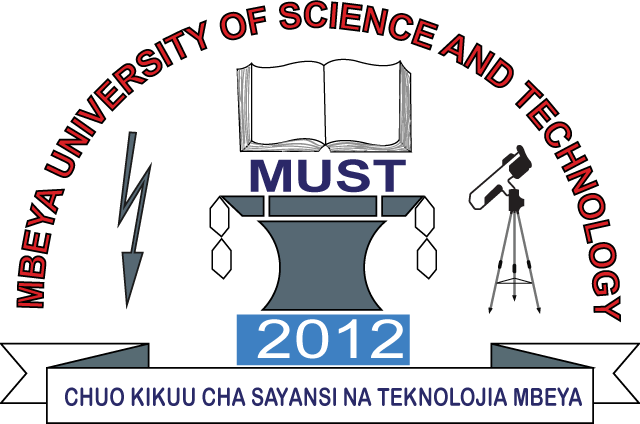

Leading Centre of Excellence for Knowledge, Skills, and Applied Education in Science and Technology


As part of ongoing efforts of Mbeya University of Science and Technology (MUST) to deepen international academic collaboration, the Vice Chancellor, Prof. Aloys N. Mvuma and Adv. Zuhura Shabani undertook an official academic mission to the Russian Federation beginning on 23rd June 2025. A significant highlight of this strategic visit was the formalization of a bilateral partnership between MUST and Novosibirsk State Agricultural University (NSAU) through the signing of a comprehensive Agreement on Cooperation.
The visit builds upon the diplomatic engagement initiated during H.E. Andrey Avetisyan, Ambassador of the Russian Federation to Tanzania's official visit to MUST in September 2024. Both parties underscored the importance of academic diplomacy in fostering sustainable development and innovation.
The newly signed Agreement on Cooperation sets forth a comprehensive framework for institutional cooperation between Mbeya University of Science and Technology (MUST) and Novosibirsk State Agricultural University (NSAU). The agreement outlines several key areas of collaboration, including the mutual exchange of students and academic staff, joint engagement in research and consultancy activities, and participation in scholarly seminars and academic meetings. Additionally, the two institutions have agreed to facilitate the exchange of academic materials and information, and to develop special short-term academic programmes and projects that align with their shared educational and research priorities.
The agreement sets the stage for the implementation of a mutual student exchange programme, commencing in the 2025/2026 academic year, with each institution hosting a number of students per academic year. Students will be enrolled as full-time, non-degree participants and will benefit from tuition waivers, academic mentoring, and support services in accordance with the host institution's policies.
The partnership echoes with the longstanding historical bonds between Tanzania and Russia, dating back to the era of the former Soviet Union. Indeed, a considerable portion of the buildings and infrastructure that establish the current physical foundation of MUST was established through bilateral cooperation between the two nations.
The collaboration will be jointly coordinated by the Office of Internationalisation and Convocation at MUST and the Department of International Projects at NSAU, ensuring structured implementation, annual reviews, and impact assessment.
In addition, Prof. Mvuma held a series of high-level discussions with NSAU leadership and visited key research and innovation facilities. These engagements provided a platform to explore collaboration in priority areas, including agricultural transformation, climate resilience, food security, and emerging technologies. He also spoke to students from different African countries.
This milestone not only enhances MUST’s global footprint but also contributes to Tanzania’s broader agenda of fostering international academic cooperation and knowledge diplomacy.
